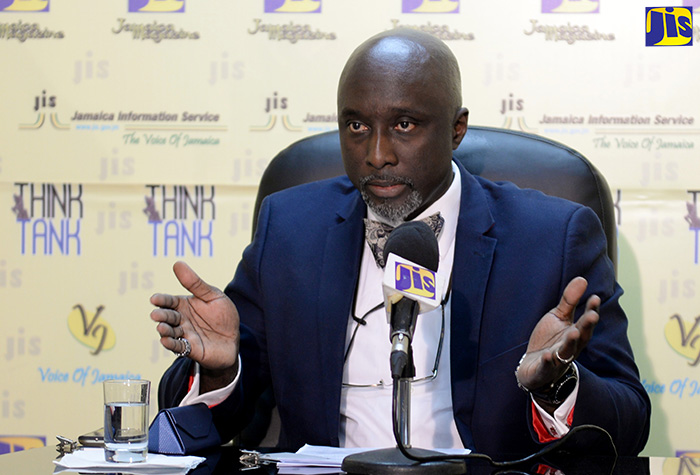Education Offers Solution to Crime
By: , April 25, 2017The Key Point:
The Facts
- Dr. Benjamin was providing details about The Mico University College’s annual Research Day, slated for Wednesday (April 26), which will place the spotlight on education as a solution to crime.
- Twenty-four papers will be presented during Research Day 2017, looking at various topics such as anti-crime strategies for counsellors; positively engaging the mind through investigating the environment: an alternative to crime and violence; fourth and fifth graders’ perception of the influence of community and family violence on their academic performance; teach, reach and touch; a value-based approach to reducing the incidence of crime and violence in Jamaica; the effects of trauma in the classroom; and intellectual violence in Jamaican schools.
The Full Story
Dean of the Faculty of Science and Technology at The Mico University College, Dr. Albert Benjamin, has cited education as one of the most critical elements in addressing crime in Jamaica.
He noted that education shapes values and attitudes and transforms lives, and research has shown a correlation between high levels of education and low crime rate. “We must have our people thinking that education has traction,” he said at a recent JIS Think Tank.
Dr. Benjamin was providing details about The Mico University College’s annual Research Day, slated for Wednesday (April 26), which will place the spotlight on education as a solution to crime.
He noted that as Jamaica puts measures in place to deal with the issue, the country is also faced with the fact that a large percentage of young people are leaving secondary school without a subject, which limits their access to the formal economy.
“That is one of the critical things that we need to address,” he said. “The Mico University College is aware that education affects everything, and the concern has always been how we tackle this monster of crime,” he added.
“One of the ways that we try to intervene at Mico is to ensure that all our student-teachers, when they leave the system, should be able to solve problems. Our graduates won’t be going into the classroom stymied or shocked, and even if they are, they will get over it and recognise that they have a responsibility to deal with the issues that they find in the classrooms,” he pointed out.
Dr. Benjamin said that teachers must make it their personal responsibility to ensure that persons under their charge have access to the economy because “if they don’t, everyone will be affected”.
“As a teacher, you do not have a choice in seeing a child struggling and ignoring that child; you don’t have this option. As the slogan says ‘every child can learn… every child must learn’,” he pointed out.
Twenty-four papers will be presented during Research Day 2017, looking at various topics such as anti-crime strategies for counsellors; positively engaging the mind through investigating the environment: an alternative to crime and violence; fourth and fifth graders’ perception of the influence of community and family violence on their academic performance; teach, reach and touch; a value-based approach to reducing the incidence of crime and violence in Jamaica; the effects of trauma in the classroom; and intellectual violence in Jamaican schools.




